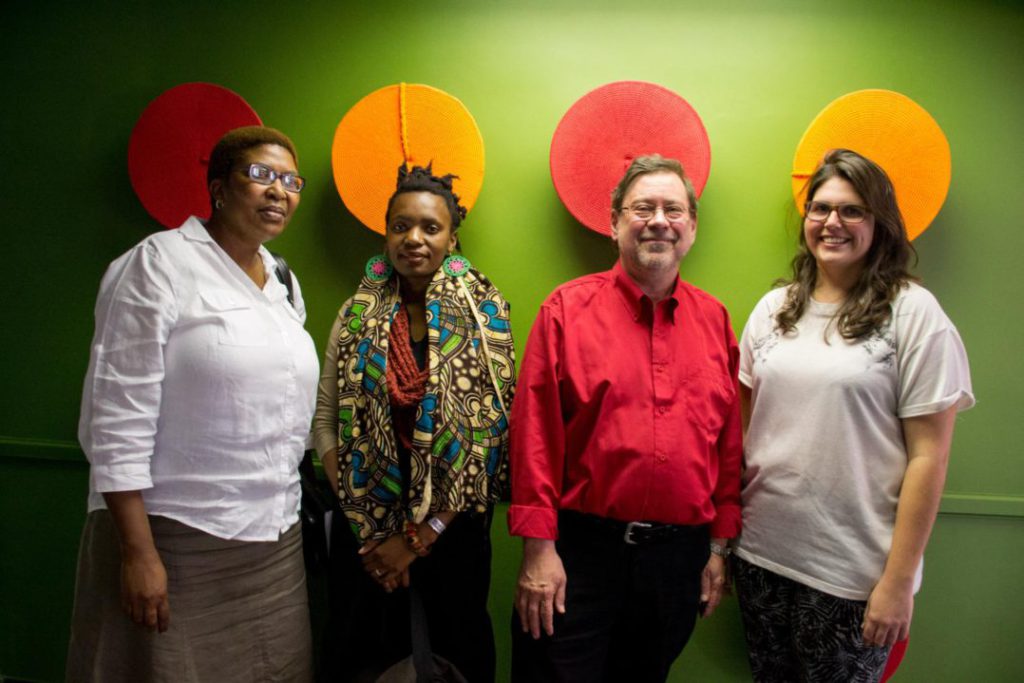This week, Up4Debate responds to the recent unveiling of new legislation by the Minster of Land Reform and Rural Development with regards to land reform in South Africa.
This week, Up4Debate responds to the recent unveiling of new legislation by the Minster of Land Reform and Rural Development with regards to land reform in South Africa.
We note that these policies are of relevance to Grahamstown, especially given that an important example of a land claims case is playing itself out right on our doorstep, in Salem. We ask: how are we dealing with land reform in South Africa? And what are the local implications?
To help us grapple with these questions we invited three guests who are knowledgeable about the current land reform programme: Reg Rumney, Director of the Centre for Economics Journalism in Africa; Nomalanga Mkhize, lecturer in the history department at Rhodes University, and Faith Mbewana, Director of the Port Elizabeth Regional Department of Rural Development and Land Reform.

Reg: “I think we do need to distinguish between land for people to live on, land to farm and the issue of wealth … You can give land to people and not actually rebalance the past. Land is only valuable if you can farm it properly and so we need to be nuanced in our approach. I think land reform is definitely essential, but we just need to be a bit careful.”
Nomalanga: “I don’t think that land reform is just about farming. It is also about … allowing people the opportunity to expand in terms of their human settlements and finding new ways to deal with the fact that we have an urban crisis in South Africa.”
Faith: “If you have land, will those people that you give land have access to capital for them to grow the land? As a department we have identified those shortfalls. You need capital and you need mentorship. I think if we all come together and agree on a strategy on how we can make this work, I think it will help.”


